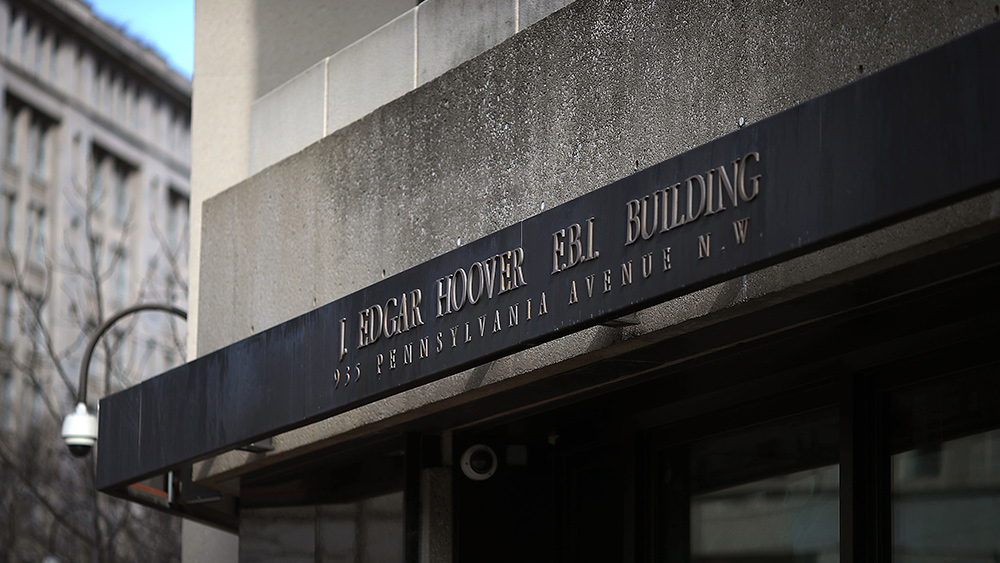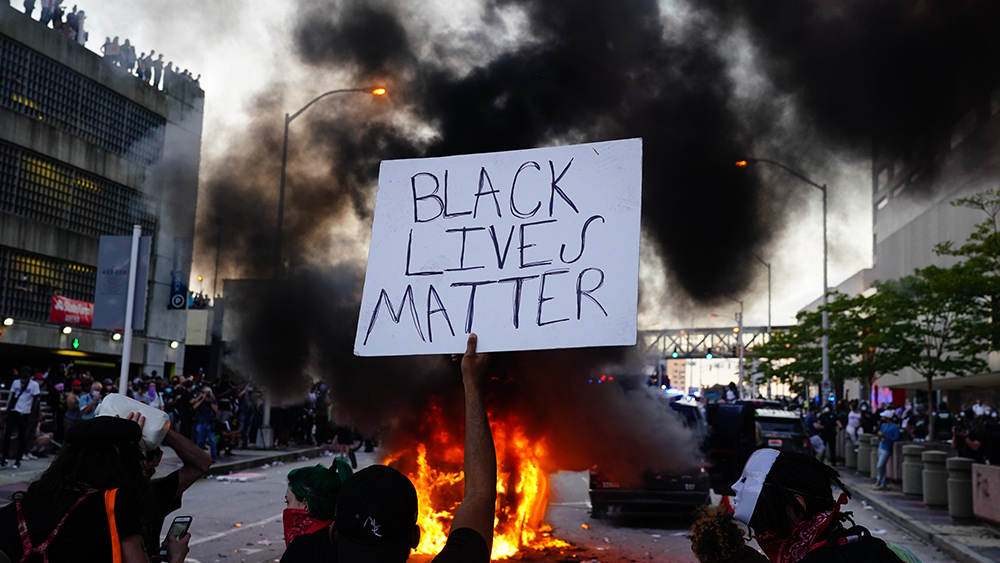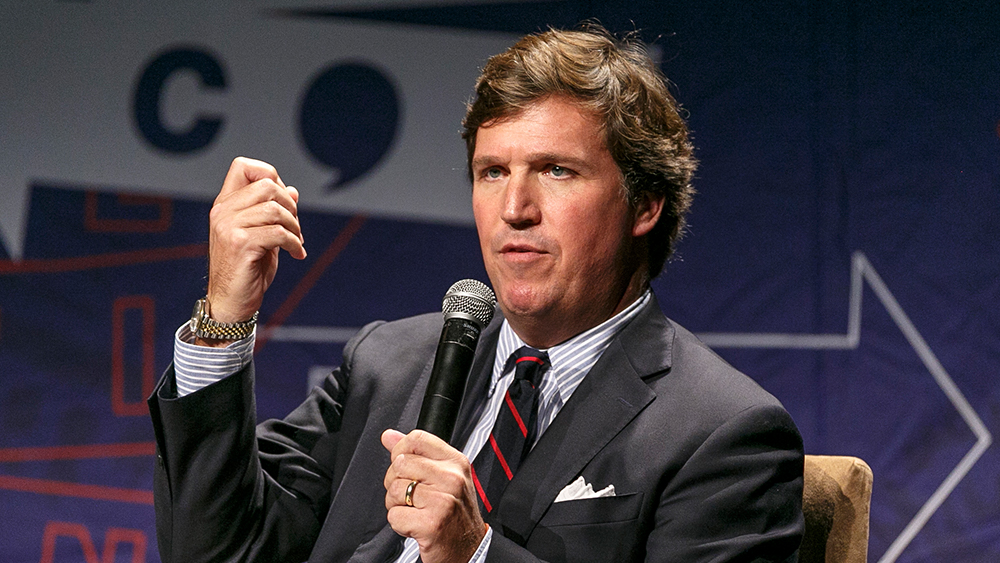
Texas Governor Greg Abbott signed four new laws that restrict sexually explicit books in school libraries. These laws, which the governor hailed as transformative, seek to improve the school curriculum and ensure transparency and parental involvement in current issues.
One of the new laws, House Bill 900, prohibits the possession, acquisition and purchase of sexually explicit, pervasively vulgar or educationally unsuitable library materials. Book vendors must assign ratings to books based on depictions or references to sex. Materials that describe or portray sexual activity and are part of the required curriculum will be considered "sexually relevant."
Vendors must flag books as "sexually explicit" if they describe or portray sexual behavior deemed "patently offensive" and not part of the required curriculum. State law defines "patently offensive" as materials that affront "current community standards of decency."
Books with a "sexually explicit" rating would be removed from library bookshelves, while students wishing to check out books with a "sexually relevant" rating would need parental permission beforehand.
Another law, House Bill 1605, grants parents the right to access and review instructional materials. It also mandates that districts provide teachers with a complete sequence of instructional materials, reducing the need to develop materials themselves during planning time.
The other two laws address specific needs. One provides resources to parents of children with special needs to ensure they have the necessary support. The other gives parents, rather than school staff, the authority to decide if children in certain grade levels should repeat a grade.
Abbott's latest education laws add Texas to the growing list of states taking steps to eliminate inappropriate texts from classrooms and libraries, ensuring that parents have more say in their children's education and protecting students from controversial and explicit materials.
New laws draw varying opinions from experts
The new laws, especially HB 900, have elicited different opinions. Some fear that their language might restrict books that are appropriate while others see it as a child protection bill. School librarians and advocates who oppose the new laws fear that it will create unnecessary obstacles for book vendors and impede the ability of librarians to serve students effectively.
Critics argue that the requirements of HB 900 would slow down book purchases and impose financial burdens on vendors and libraries. (Related: Michigan school board meeting turns chaotic as Muslim parents push back against LGBT materials.)
Mary Woodard, president of the Texas Library Association, also expressed concerns about the lack of standardized book ratings, which could lead to confusion and inconsistencies in implementation. Mark Smith, former director of the Texas State Library and Archives Commission, echoed these concerns. He warned that the bill would significantly slow down the acquisition of materials by school libraries, diminishing their usefulness and negatively impacting students' educational experiences.
But Cindi Castilla, president of the conservative think tank Texas Eagle Forum, described the bill as a "child protection measure" during the Senate education committee hearing. Castilla argued that explicit materials in books are educationally unsuitable for students and that taxpayers should not fund such books.
"Our schools must not sexualize our students or provide them pornographic reading material or introduce them to inappropriate materials that distract from the educational goals we've set as a state," she said.
Visit EducationSystem.news for more stories about sexually explicit books being used in American schools.
Watch this clip as Muslims in Montgomery County protest against LGBT books in the school of their children.
More related stories:
Government spies covertly capture sexually explicit images using webcams.
Texas AG Paxton seeks PROSECUTION against sexually explicit drag shows for children.
Sources include:
Please contact us for more information.



















